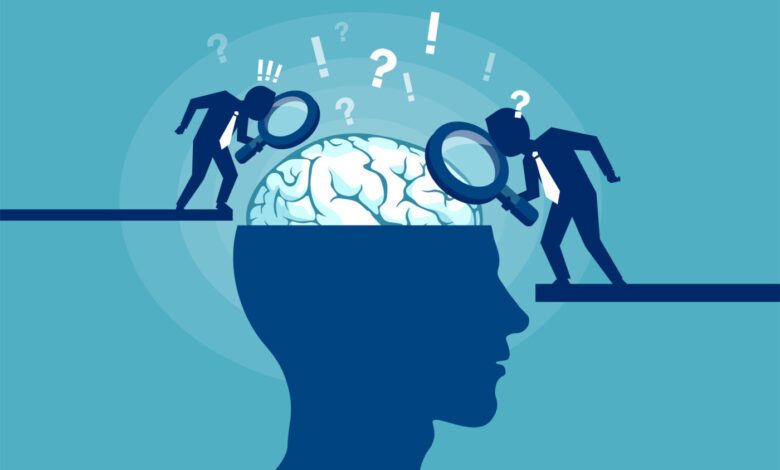New study sheds light on memory decline and brain ageing, identifies “gene fingerprint” responsible for it
Findings from the new study conducted on mice suggests that white matter, which is responsible for learning and other brain functions, is significantly affected by normal ageing process which results in cognitive decline and contributes to other neurodegenerative diseases such as Alzheimer’s and Parkinson’s disease.

Symptoms of cognitive decline include- memory loss, short attention span, difficulty in conversing, and many more which is normal as we age, while it may take a form of other neurodegenerative diseases, , which require immediate medical and lifestyle interventions.Ageing is a fascinating thing, but the harsh truth is – it’s inevitable. If you take birth, you’re bound to age and one common biological event that occurs during ageing is – cognitive decline. Ever wondered what causes your grandma to talk slow? Or difficulty in remembering your birthday? Well, it’s all normal and usually not a problem until it turns into dementia like symptoms.
A new study on mice reveals that some common genes expressed by cells in the hemispheres of our brain affect the white matter as we age, which is responsible for cognitive activities such as learning, thinking, remembering, etc. Such cognitive decline of normal ageing can also contribute to other severe diseases like Alzheimer’s and Parkinson’s disease.
Cognitive decline can be prevented by staying active and maintaining a healthy lifestyle, while cognitive decline is not a famous topic in clinical research but thankfully another addition to this study included examination of two treatments for the same – caloric restriction and infusions of plasma from young mice, where it was found that young plasma can slow down age-related memory decline. The researchers sampled 59 mice, both male and female, within the age range 3-27 months, and studied 15 regions of left and right hemispheres of the brain. The major gene expressed by cells in each region of the brain were identified and ranked. 82 genes were frequently found and varied in concentrations in most of the regions. These 82 identified genes helped in arriving to a common ageing score, which showed how the gene activity affected the brain with age. It was found that the white matter, which are the areas of the Central Nervous System made up of myelinated axons, showed early and significant changes in the gene expression. The mice aged between 12 to 18 months were the representation of the same.
“The individual gene changes observed in the mouse may not directly translate to humans,” Wyss-Coray said. “But we believe the vulnerability of white matter to ageing probably does.” The reliability of this study increases as these mice in “mouse-years” correspond to a human in his 50s, according to Wyss-Corey. Previous studies show that, ageing turns off the gene expression responsible for protein and collagen synthesis, which provides structural support, and turns on the gene expression responsible for inflammatory immune responses, which adversely affect the integrity of myelin sheath that provides insulation to the fragile nerve fibers. “The interventions appeared to act on very different regions in the brain and [induce] strikingly different effects,” Hahn said. “This suggests that there are multiple regions and pathways in the brain that have the potential to improve cognitive performance in old age.”
While It’s highly regarding of scientists to conduct such important studies, it also brings scope for the vast number of patients, who have neurodegenerative disorders where the genetic link is absent, and populations vulnerable to ageing, giving ideas to healthcare professionals for new lines of treatment and intervention.
Please also have a look : New study finds that laughter quite literally is the best medicine for your heart



